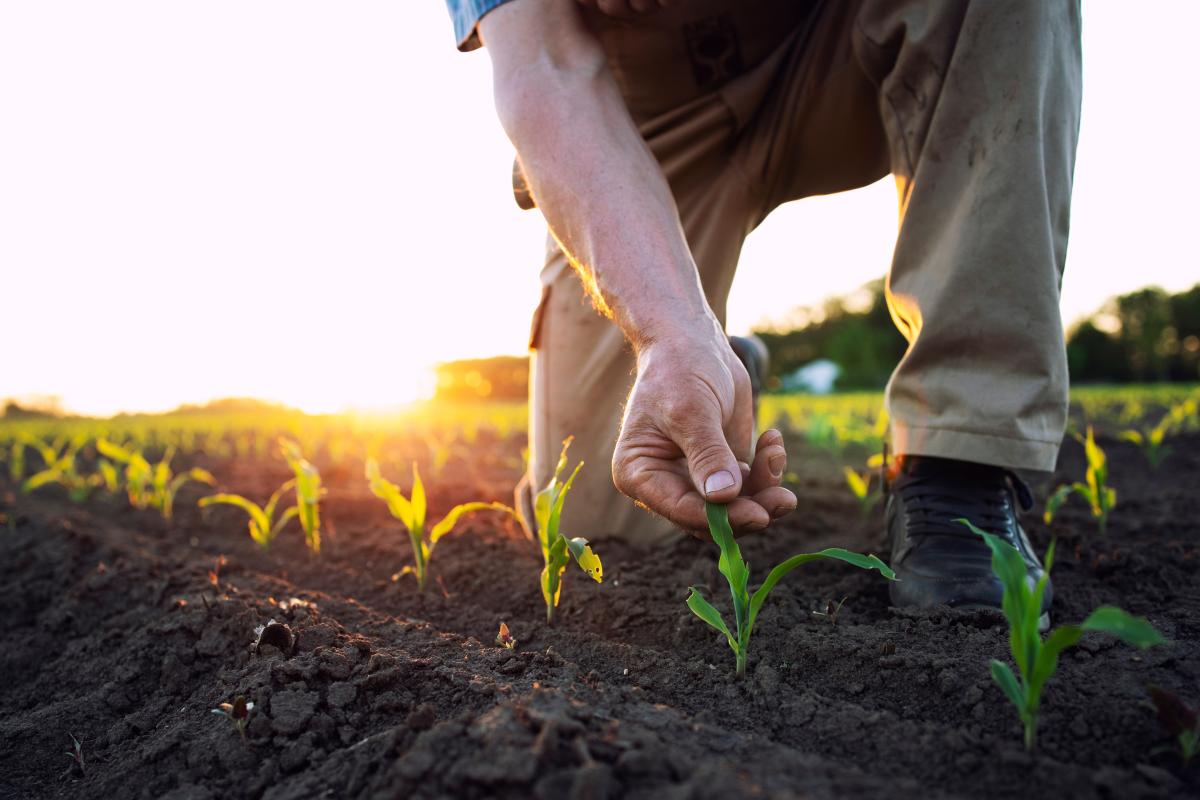Partners in Success

There is a critical need to co-create mechanisms that promote producer-led experimentation, while also creating a data pipeline for university research. Co-creation is significant because it improves the relevance of the science, while also improving the autonomy of producers for independent experimentation. Our rationale is that a co-creation process will enhance producer efforts to obtain higher quality data, improve their capacity to translate research findings, and facilitate gathering of usable on-farm data. We are partnering with other stakeholders to target a producer-initiated research question to evaluate our co-creation approach, innovating in participatory research, and simultaneously offering Extension opportunities in related topics to broader audiences. This work is supported by USDA NIFA CARE award #2022-68008-36356.


